
G.R. Madan

Showing all 18 books

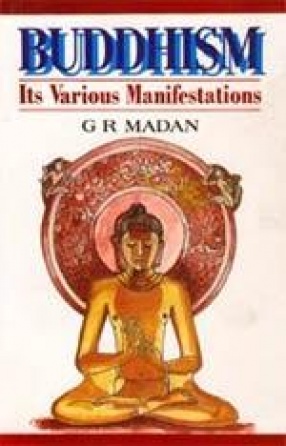
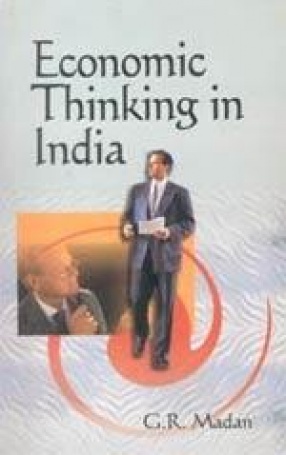

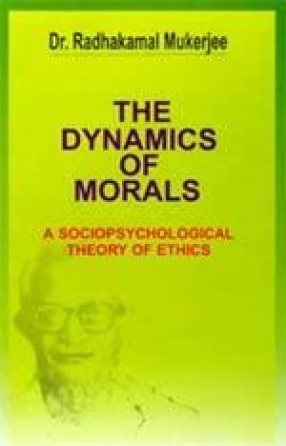
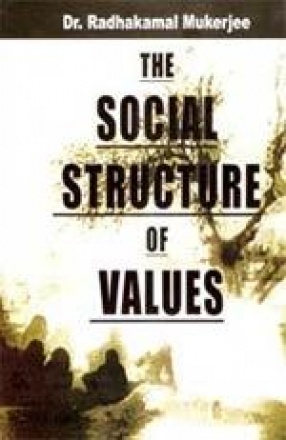
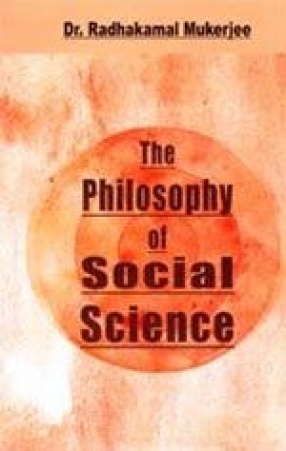
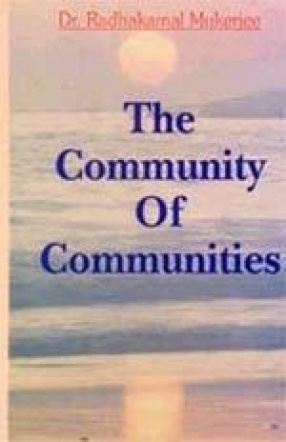
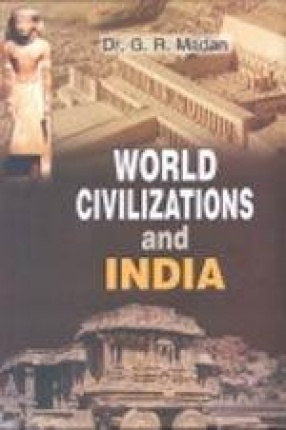
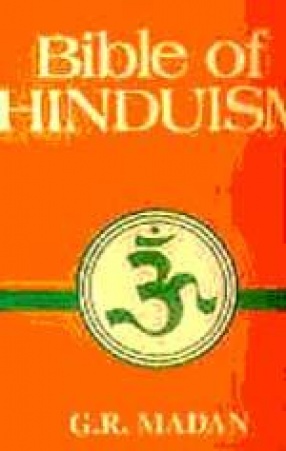


This book contains twenty articles which have been contributed by scholars who are prominent figures in their own field. They deal with various aspects of Buddhism including the early life of Lord Buddha before he attained enlightenment, his main teachings i.e. the four noble truths, the eight-fold noble path, the middle path, moral precepts, three fold training in attaining nirvana i.e. prajna, sila and samadhi, the philosophy of Buddhism, its different ...

This book deals with the ideas of economic thinkers of India since ancient times. As there was not much material available in this field when the work was started the original works of many authors had to be consulted. The book is divided into five parts. Part I deals with ancient economic thinkers, and the two most important thinkers of that period are Kautilya and Sukra. Part II deals with medieval economic thinkers among whom are included Ala-ud-din Khilji, ...
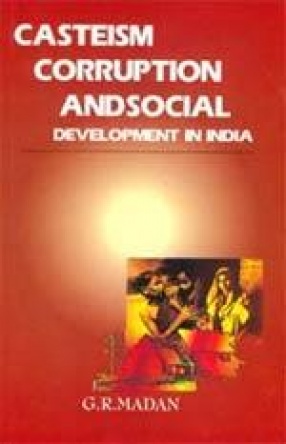
India after Independence adopted the British model of Democracy whose main objectives are to provide justice – social, economic and political, equality of status as well as of opportunity assuring the dignity of the individual. During the last fifty-five years of so the Central and the State Governments took various measures to achieve these objectives through legislation and economic, social and cultural activities through successive Five-Year Plans. No doubt, ...

There are already a good number of books available on this subject therefore, the present endeavour and its purpose require some explanation. First book focuses on the study of various aspects of social structure as such and not culture and personality, which however are not ignored, but are mainly the domain of cultural Anthropology and Social Psychology. The various concepts suchas ‘Social organization ‘Social Psychology. The various concepts such as ...
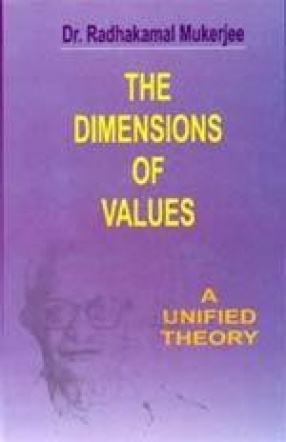
It is the Author's contention that both the state of valuelessness in modern times, and the crisis in the social sciences demand a restatement of value theory, based on new theoretical, experiential and empirical developments in the various branches of human knowledge concerned with value. Values are derived from life, from environment, from self, society and culture, and above all from human existence and experience. Cultural, anthropological and sociological ...

Dr. Radhakamal Mukerjee, a vetern sociologist and economist, in the present volume, outlines a blueprint for a rational ethical theory based on the biology of human nature and on the cohesive forces of human culture. Dr. Mukerjee does not believe in the antithesis between the biological and the cultural sciences and strives to create a new nature of man’s needs is fully realized and equal attention is paid to special individual choice. The ideal has not been ...
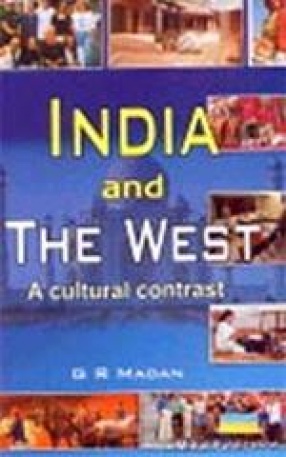
This book India and the West - A Cultural Contrast, makes a comparative study of certain cultural features of some western countries particularly USA and UK in comparison to India on the basis of author's observations made during his stay in USA and UK for one year in each country when he went there for advance studies in sociology in 1965-66 and 1971-72 respectively. There are differences in social living, material prosperity and in their family, economic, ...

The Social Structure of Values is one of the most revealing books of Dr. Radhakamal Mukerjee, one of the foremost thinkers of our era. Karl Mannheim had remarked that prior to this book there was no systematic work on the sociology of values. The theory of values is considered to be the most important contribution of professor Mukerjee who interprets society as an organization and accumulation of values. The book is based on the lectures, the learned scholar ...

Dr. Radhakamal Mukerjee, the doyen of Indian Sociology, in his present work, The Philosophy of Social Science has lamented on the modern movement towards specialization and compartmentalization. Dr. Mukerjee has emphasized the unity of science and awareness of human understanding grounded in certain fundamental principles, techniques and methods. The book aims at an integration of knowledge about human nature and human destiny and is concerned with a penetrating ...
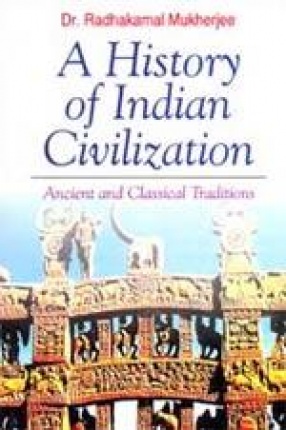
Dr radhakamal Mukerjee, one of the foremost thinkers of our age, has interpreted the history of Indian Civilization from the point of view of a sociologist. He looks upon myths, legends, scripture, rituals, values and motifs as true sources of Indian history and culture. In addition to a learned introduction titled "The Indian Philosophy of History" the present book is divided into nineteen chapters and five parts: (i) The Pattern of Indian ...

Dr. Mukerjee argues that man’s role and experience in the cosmos have varied from epoch to epoch. With this the meaning cosmos have varied from epoch to epoch. With this the meaning of human community has also been undergoing a change. The Atomic Age is fateful for its unprecedented advance on total extinction. Mutual jealousy, anger, hunger, hatred and conflict threaten the continuity of the human species. Man has to face three problems for his survival. ...
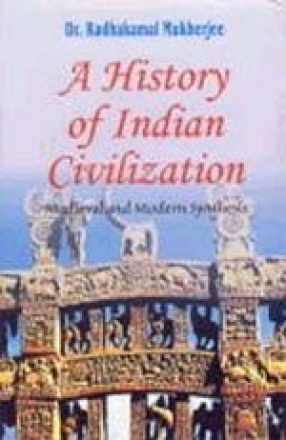
This is the second volume of Dr. Radhakamal Mukerjee's A History of Indian Civilization. The volume deals with the medieval and modern synthesis and comprises 25 chapters capsuled in 4 parts. The keynote of Dr. Mukerjee's treatment of Indian civilization is its synthetic capacity. The renaissances in the different epochs and reigns of Indian history have reinforced this spirit. The history of Indian civilization, with special reference to renaissances is ...

The book World Civilizations and India deals in brief with some of the Ancient Civilizations in Africa, Western Asia and America, the classical civilizations of Europe, i.e., Greek and Rome, Byzantine Civilization of Eastern Rome, and Islam and Moslem Civilization, Ancient Indian Civilization and Chinese Civilization in South-East Asia. Modern Civilization of Europe is discussed in two phases, i.e., before Industrial Revolution and after. Russian ...
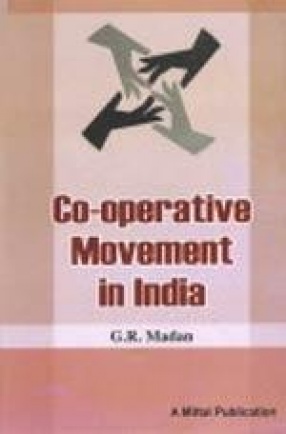
The Co-operative Movement in India has passed through various ups and downs. It may be said to have begun with the passing of the Co-operative Societies Act of 1904. A landmark in the history of the Movement was the announcement by the Government of India of a National Co-operative Policy in 2002 alongwith some legislative reforms by enacting the new Multistate Co-operative Societies Act, 2002. The Government also set up a Task Force in 2002 to recommend measures ...

This Volume attempts to survey all the important literature connected with Hinduism from the ancient times to the present day. This comprehensive book on Hinduism discusses all the important literature connected with it. The emphasis is on moral and spiritual teachings of the sacred books including Vedas, Brahmans, Arayankas, Upanisads, Dharmasastra, the two epics - Ramayana and Mahabharata, the Bhagwad Gita, Dharmasutras, Agamas, Puranas and the various writings ...
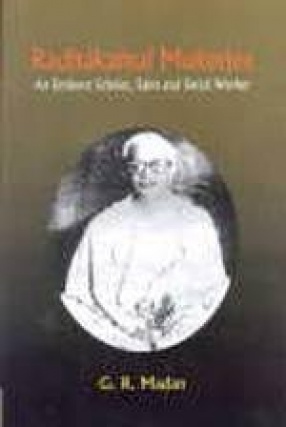
The book contains some of the ideas of Professor Radhakamal Mukherjee, who was one of the few multidisciplinarians of the twentieth century and wrote with equal ease on various aspects of society including economics, sociology, politics, civilizations, art, values, morals, philosophy mysticism and religion. He wrote about fifty books on various subjects. His view is that peace and prosperity in the world can only be brought out by religious teachings particularly ...
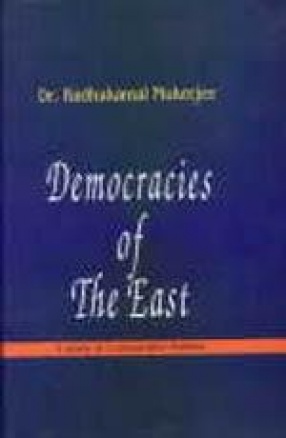
In this book Democracies of the East 'A Study in Comparative Politics' observes that Communalism in the east is not a new experiment but an old and established tradition in political pluralism. In its consonance with the natural and instinctive bases of group formation, it resolves that unfortunate dualism between the state and the individual which had been the overgrowth of the mechanical state of the nineteenth century. In its ideal of the free choice of the ...
